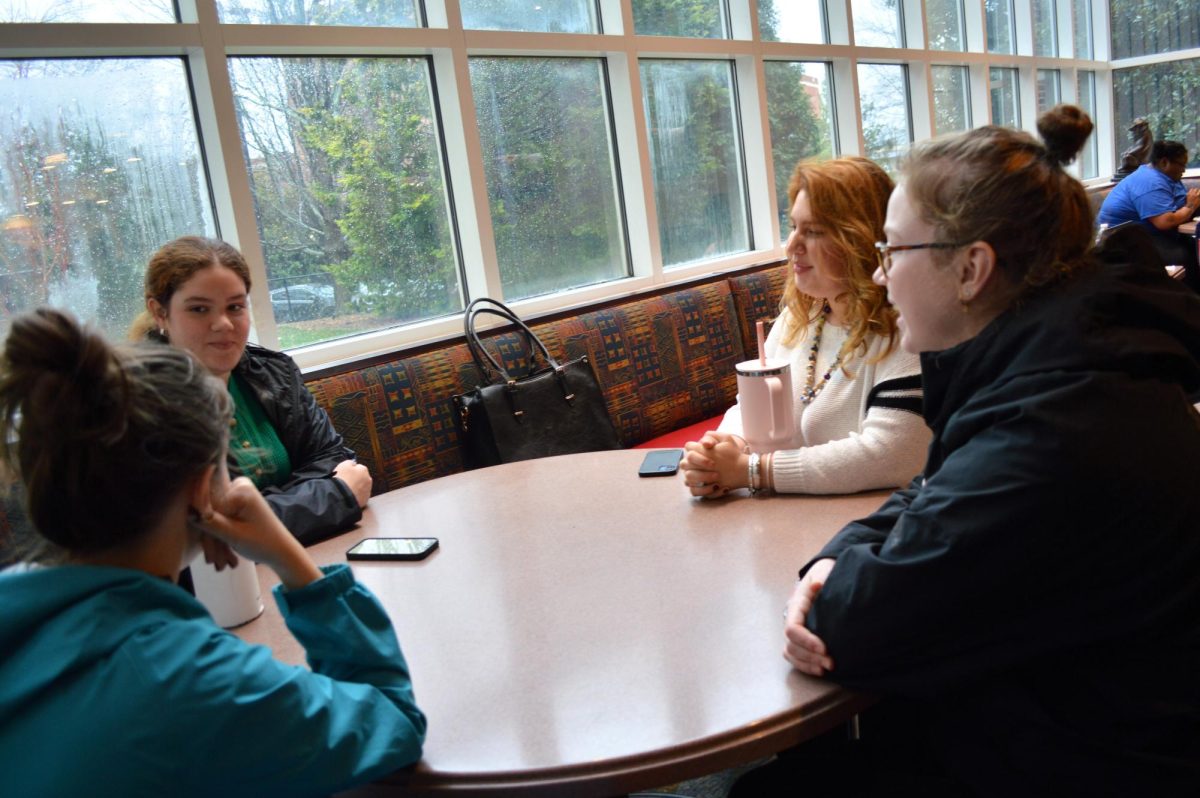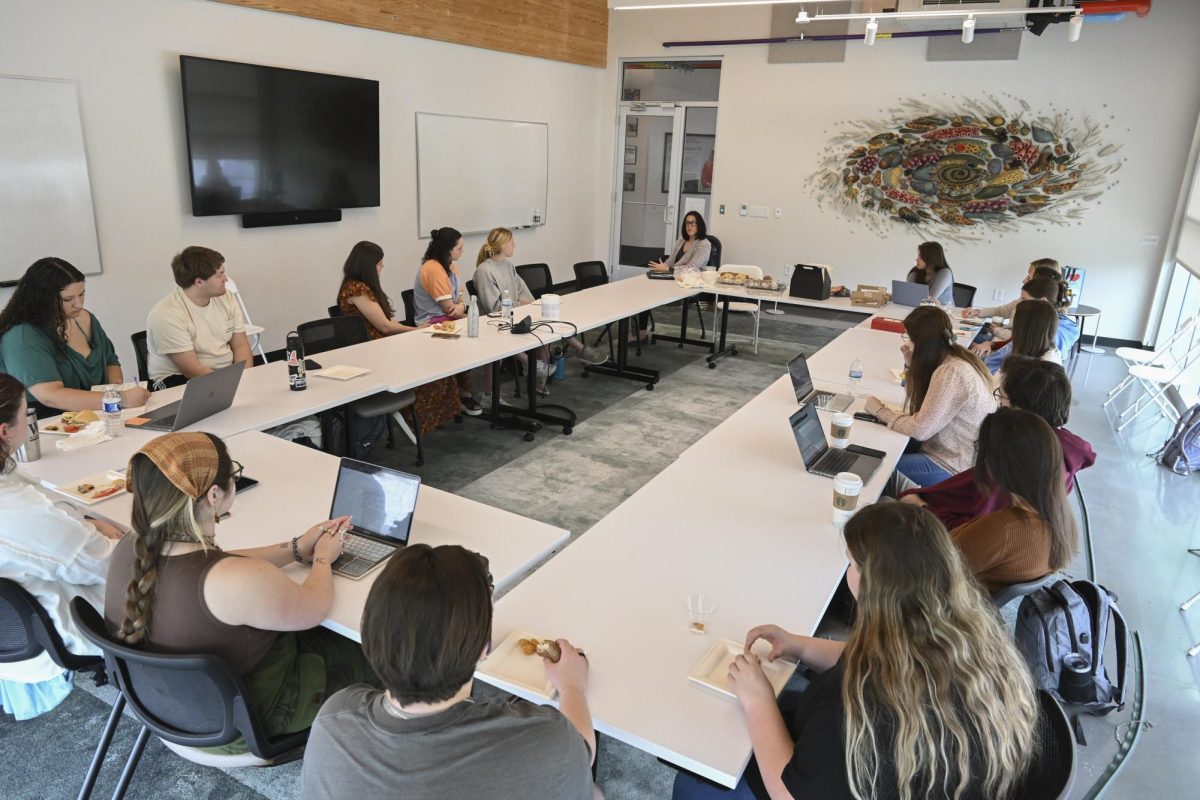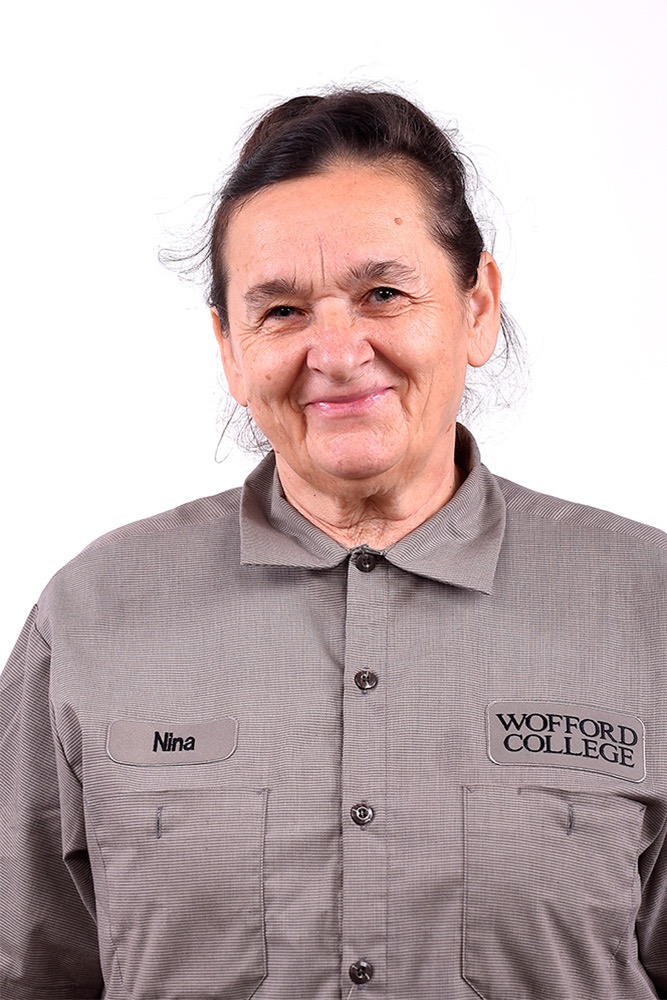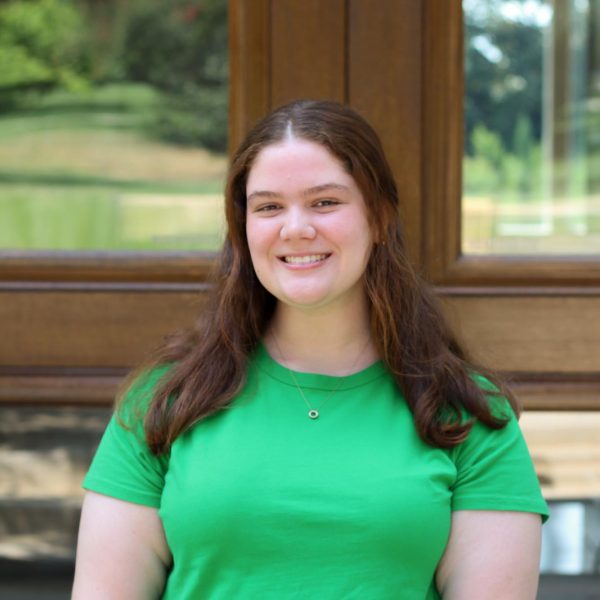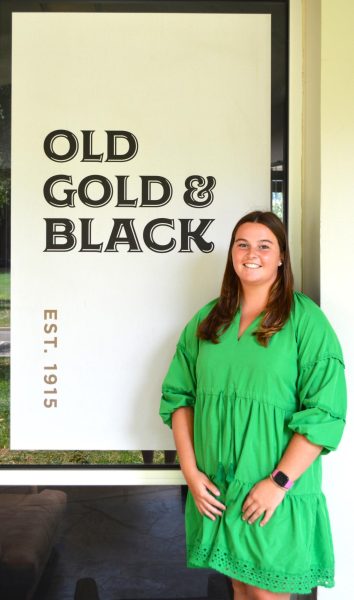What stemmed from a discussion about birth control flourished into a movement surrounding the discourse on women’s health. The Wofford Women’s Health Coalition is in full swing and wants to get more people talking about hardships women face daily.
Co-Presidents Gabby Gecan ‘25 and Madalyn Wilson ‘25 and Vice President Mary Charles Burke ‘25 want to get more people talking about what women’s health actually means for Wofford and the greater Spartanburg area.
“We want to start that conversation and educate women on campus,” Gecan said. “We want to branch out and do service projects in the community.”
The idea came about during an interim course related to sleep. When the class got onto the topic of birth control, the trio realized that there should be more discourse surrounding this. In terms of what the coalition intends to educate about, the group is ambitious with their thoughts.
“We might stem from physical health, things like birth control … mental health, eating disorders, we’re playing with a lot of ideas” Gecan said.
They feel a need for a club like this to exist on campus, for women to feel comfortable talking openly about topics that could be more sensitive. Though there are special resources like the Wellness Center, there was not a designated student space for this discussion.
“I thought it would be nice to have a space where women can talk freely and have a place where they feel like they’re heard and seen and where we can educate people and discuss things,” Wilson said.
In terms of community outreach, the coalition plans to be involved not only locally, but globally as well. A large part of the organization intends to be centered around service and how they can help others.
“As Vice President, I am in charge of our community outreach, so we want to not only take women’s health issues and talk about them at Wofford but also provide community outreach,” Burke said. “We’re about to partner with the Spartanburg Rescue Mission, and we’ll be partnering with ‘She’s Here,’ which does work in Tanzania (to provide) period products.”
Though the discourse around women’s health is low, the discussions surrounding Black women’s health and access to healthcare is even lower. The coalition intends to bring light to this disparity and raise awareness.
“All women’s healthcare, but specifically Black women, don’t get the same sort of access or treatment opportunities,” Wilson said. “I wish we would’ve started sooner so that we could touch on it during Black History Month in our meeting, but I think (we have) awareness and activism type stuff for everybody and (can do) as much as we can to shed light on situations.”
The Wofford Women’s Health Coalition is open to anyone, and their Instagram, @woffordwhc, is their main source for updates.
“We’re excited about the capabilities that we’ll have to shed light on the topics and (Black women’s health) is definitely one that we want to cover,” Wilson said.





























